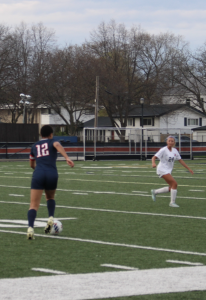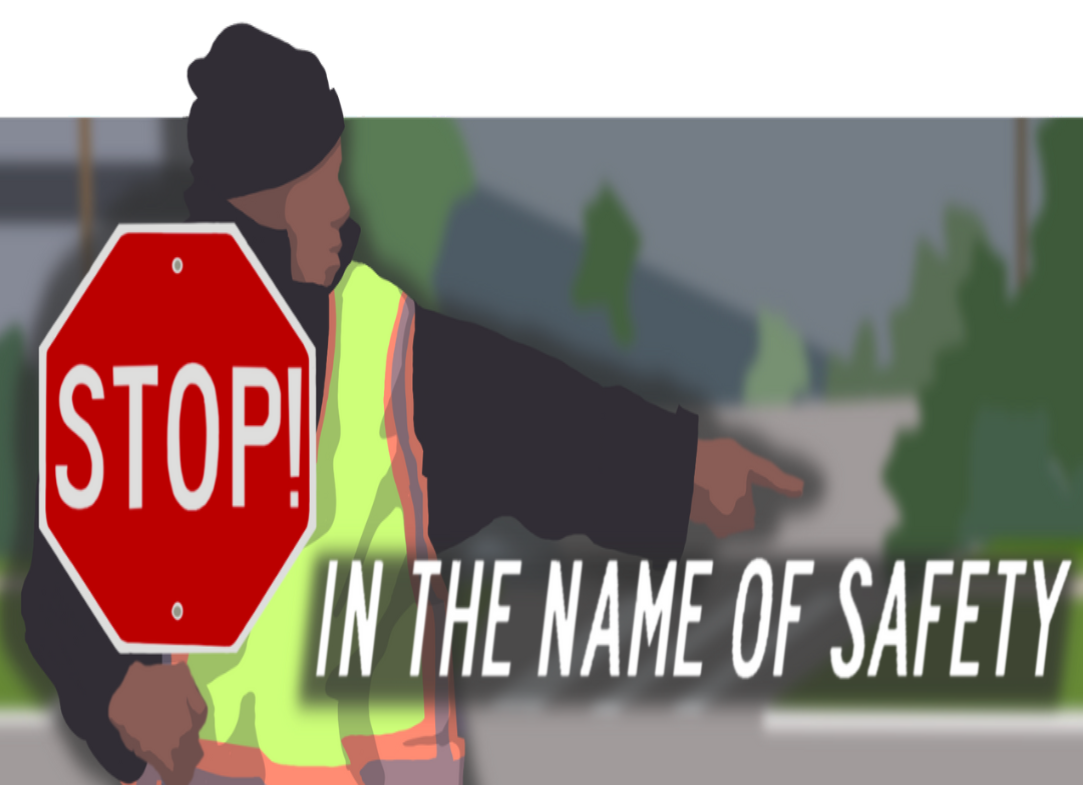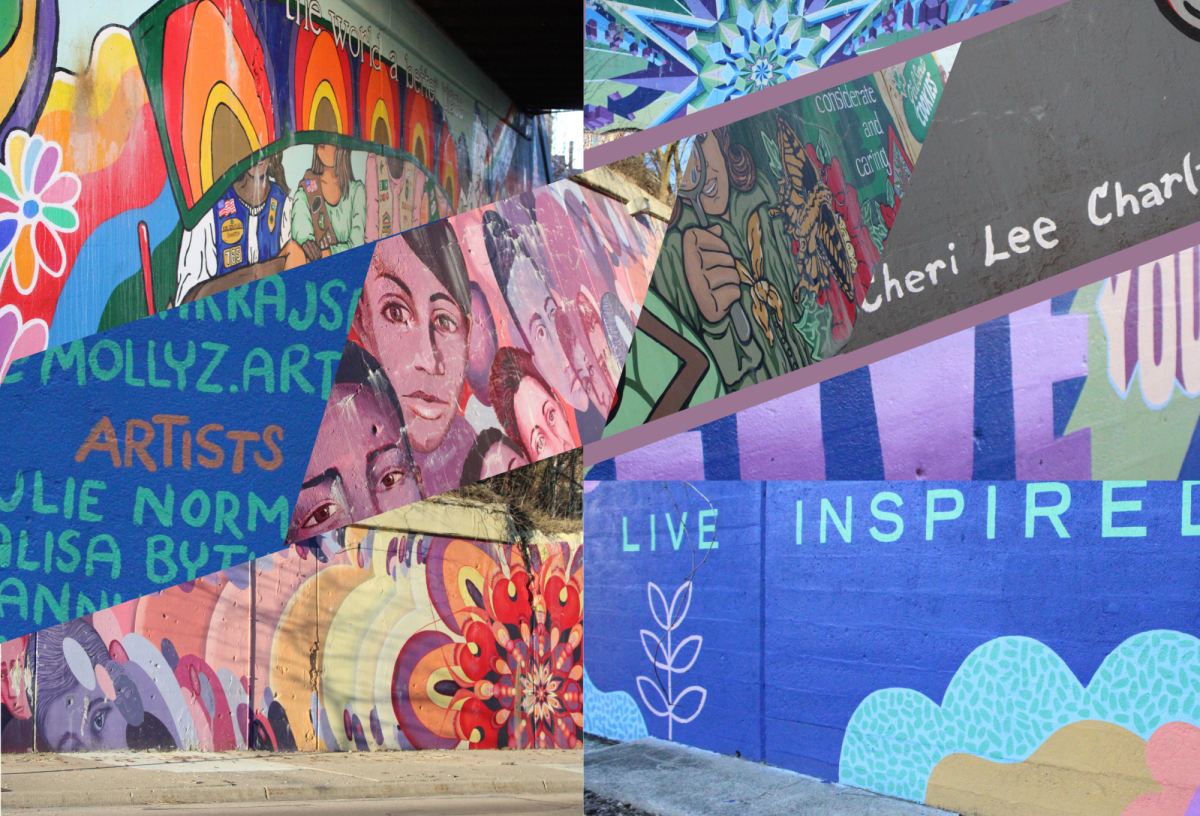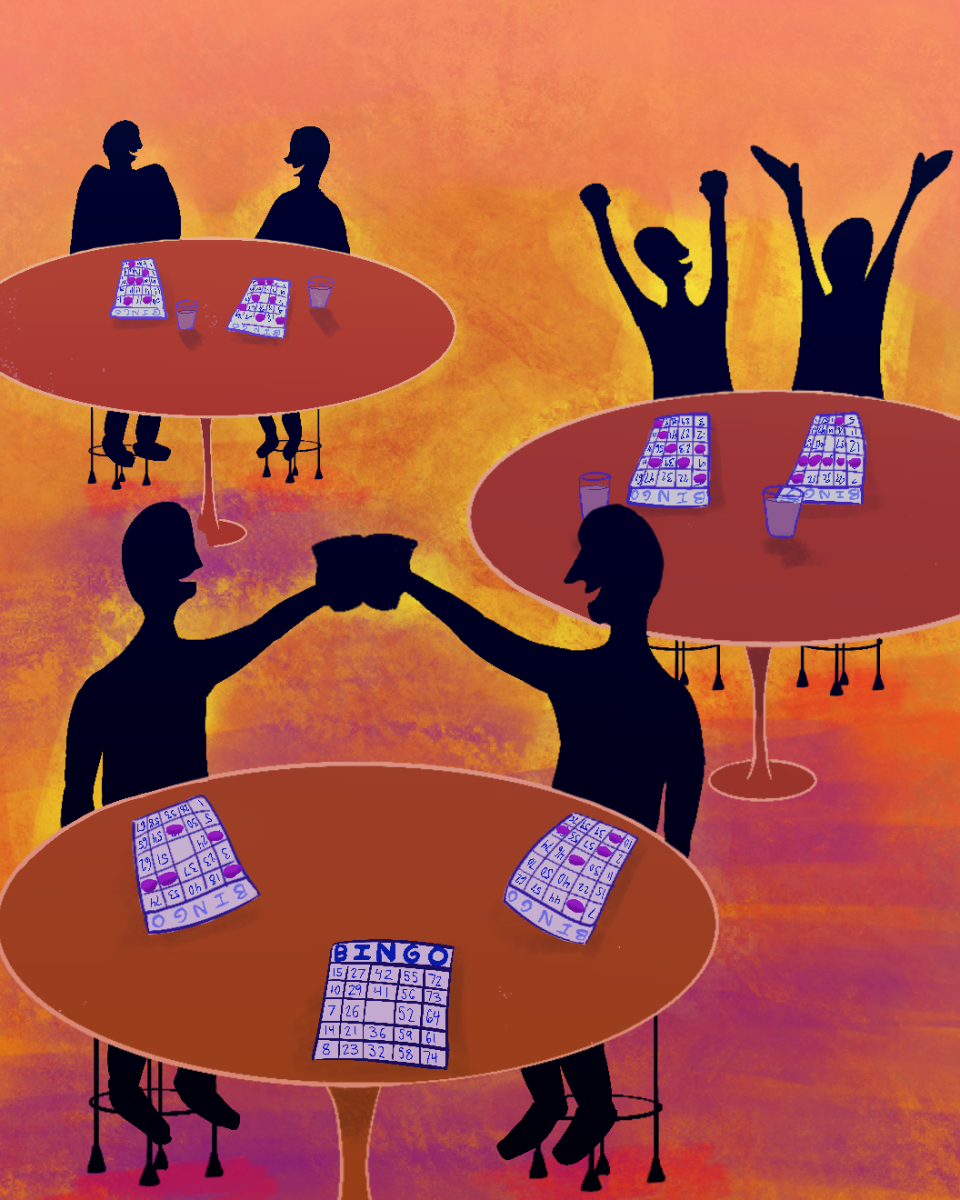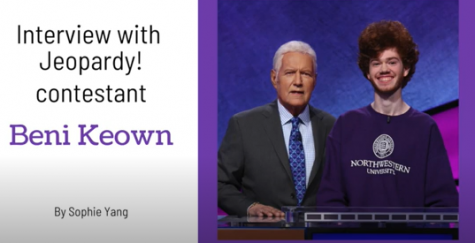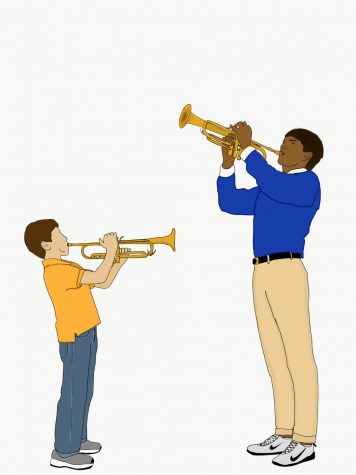Artist’s actions can’t be overlooked
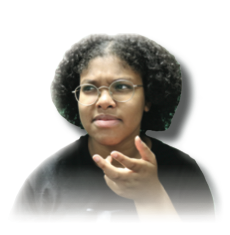
November 3, 2017
Imagine you are listening to Spotify’s Top 50 on shuffle and a Chris Brown song comes on. Are you likely to skip the song, question why it’s on the list at all, or are you complicit?
We claim to condemn violence in our community, yet many students still listen to music artists with a history of violent crimes. Refusing to acknowledge these artists’ actions can send the message that their music overshadows the damage that they’ve caused, which can negatively impact children, victims and society as a whole.
Jahseh Onfroy, better known as Xxxtentacion, was arrested and charged with four felonies last year, which according to Billboard magazine, include “aggravated battery of a pregnant woman, domestic battery by strangulation, false imprisonment and witness tampering.” If you think this is terrible, it only adds Onfroy to the already extensive list of music artists charged with assault including Chris Brown with his attack on Rihanna in 2009, Eminem’s assault of John Guerrera in 2000 and Kodak Black’s arrest for sexual assault in 2016.
Another thing these artists all have in common: massive success. All of these artists have had songs featured on the Billboard Hot 100 following their crimes. Just four months after his crime, XXXTentacion’s debut single “Look at Me” hit No. 95 on the Billboard Hot 100. He has since signed a six million dollar record deal with Capitol Music Group, even with an upcoming assault trial in December. Somehow, we continue to let artists succeed, even when they’ve physically hurt people while on their way to the top.
Allowing this to continue not only helps maintain a violent society, but it also tells impressionable children that the actions of these celebrities are acceptable. When a kid sees a celebrity on the news for assault accusations then hears that same celebrity on the radio, they grow up to believe that there are no consequences for violent behavior. This way, there is nothing stopping the child from viewing stars like Chris Brown as role models, despite their crimes.
When we listen to their music without questioning the rightfulness of their actions, we are condoning their violence and telling the victim that their trauma is not as significant as the artist’s work. Why let the artist prosper while the victim suffers?
Many would say they are interested in the music and not the personal lives of the artists, because an artist’s background doesn’t change the quality of their work, but an artist and their music come in a package deal.
Catchy music should not outweigh a violent artist. Although it is possible for an artist to change their violent ways, it is not enough to simply acknowledge their crimes as this still allows their violence to gain publicity. This issue goes beyond the music industry since we have also allowed actors, directors, and producers to thrive in spite of their abuse. The first step to correcting this problem is becoming conscious of our decisions when listening to an artist’s music. Although it may be difficult to hit skip to the newest Chris Brown single, it is crucial that we let these artists know that what they’ve done is unacceptable.



